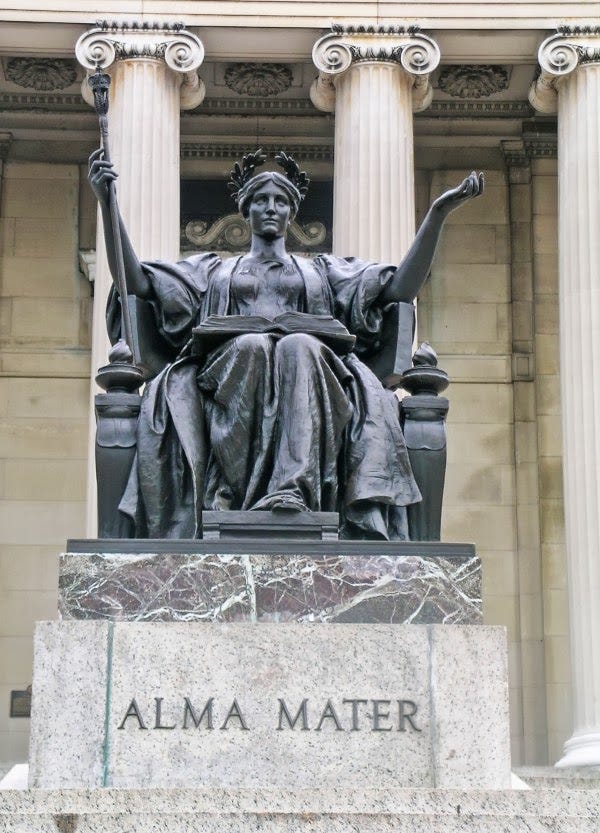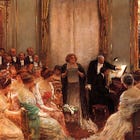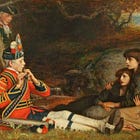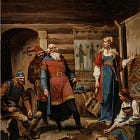Do Podcasts Depend Upon the Academy?
If so, will they survive the demise of our dying universities?
Over the course of the past five months, Extra Muros has published a number of pieces on the theme of “learned podcasts are better college classes.” In particular, I have argued that, in addition to being much more convenient, affordable, and attractive, the right sorts of podcasts are based on better research than most of the component lectures of college courses. Recently, moreover, I have contended that podcasting (which includes the making of videos for venues like YouTube) does a better job than universities when it comes to connecting scholars to folks interested in their highly specialized specialities.
In making these claims, I fully realize that the podcasters I like best rely heavily on books and articles written intra muros. Many, moreover, spent a great deal of time picking fruit in the groves of Academe. A few, marvelous to say, live the ramen-rich life of graduate students.
Reflection on this irrefutable relationship raises of a question. Could it be that the learned podcasts I so often describe as an alternative to matriculation are little more than byproducts of work done at colleges and universities? Could it be that they are little more than the flotsam and jetsam of the copious creation of knowledge and that fruitful exchange of ideas that takes place at schools for young adults?
One response to this thesis rests upon the observation that, while books may not always be kind, they are reliably patient. Thus, should all institutions of tertiary schooling close today, and all university presses go the way of the eight-track tape, the podcasters of 2048, 2073, or 2098 would not lack for source material.
Moreover, while many of my favorite podcasters spent (and some are still spending) their twenties and thirties intra muros, others did other things. For example, the off-hand references that David Crowther makes during episodes of the History of England podcast suggest that the top dog of my personal podcast pack spent his young manhood in a corner of the business world much like the one that inspired the Dilbert comic strip.
For Further Reading:










I blogged before, during, and after grad school. I've always been interested in the ways history podcasters and YouTubers find interesting ways to package insights from the past. Now I'm looking at my final year of tenure-track university employment, after being "retrenched" due to budget. I'm blogging about that daily at danallosso.substack.com because I think my university is dying and that its problems are a microcosm of the crisis in Higher Ed. So I'm also thinking much more seriously about finding an audience online again.
I wouldn't say "depend on", in that we'd certainly have some if not all of the current amazing range of historical podcasts available without the existing infrastructure of the universities. Many of the podcasts (and blogs/Substacks) I enjoy are definitely the products of former or current-but-frustrated non-tenure-track historians ... and if some of them can generate at least a little bit of income, it's all to the good. Unfortunately, I'm not able to financially contribute to any of them as I'm currently long-term unemployed, but my life is richer for the crumbs I gather around their learned tables.